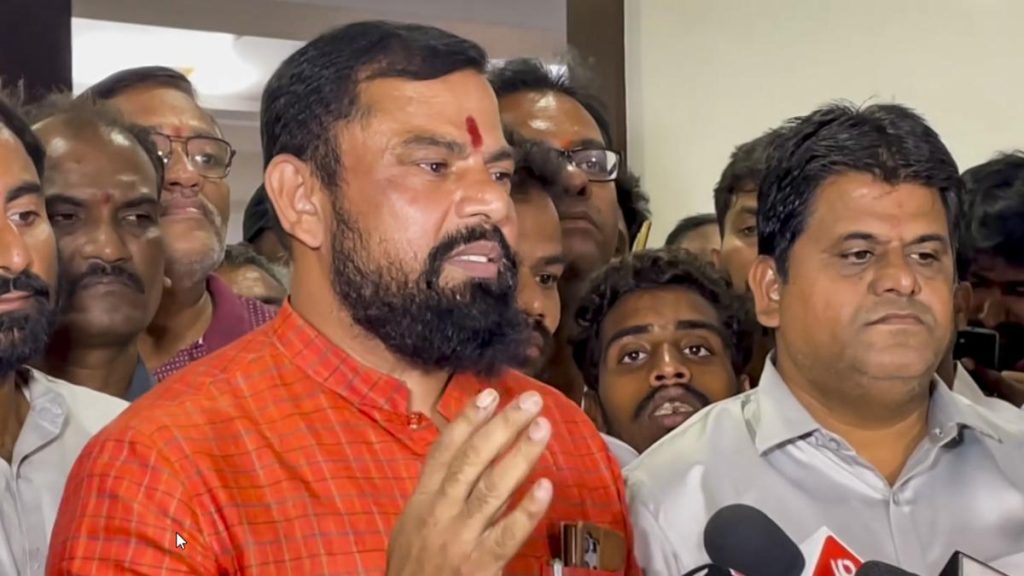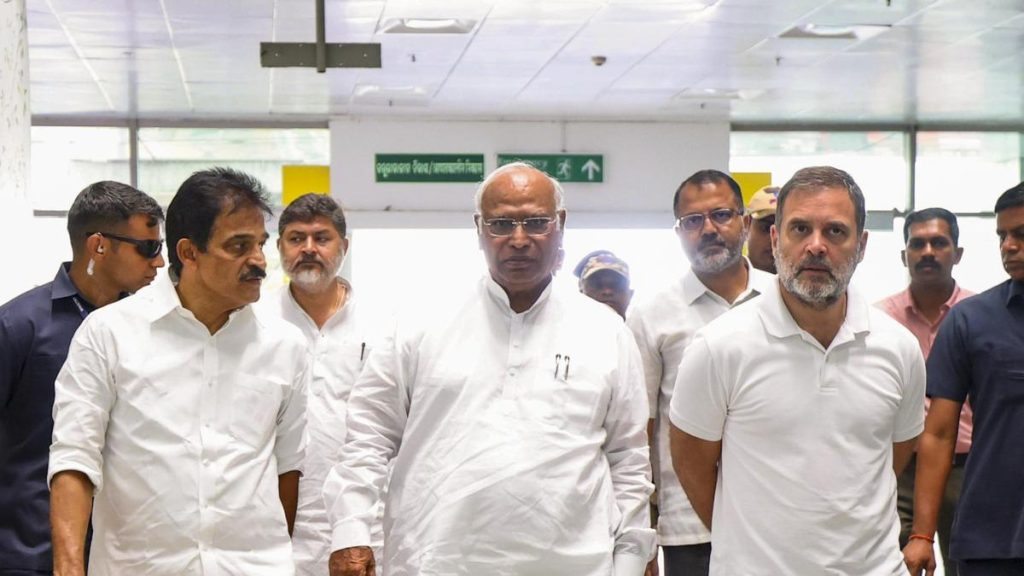Now Reading: Aadhaar Linked to Voter Enrolment in Past Elections
-
01
Aadhaar Linked to Voter Enrolment in Past Elections
Aadhaar Linked to Voter Enrolment in Past Elections
Quick Summary
- The Supreme Court directed the Election Commission of India (ECI) to consider Aadhaar as a valid document for voter registration during Bihar’s Special Intensive Revision (SIR) of electoral rolls.
- Instructions released by the ECI on June 24 mention Aadhaar only once, with its provision being optional for voters.
- Historically, Aadhaar has been used as proof of age and residence in voter enrolment. A linking initiative started in 2015 (NERPAP project) was halted due to privacy concerns raised by the Supreme Court.
- Post amendments to electoral laws in December 2021, the ECI began voluntary collection of Aadhaar numbers for electoral rolls from August 2022.
- As of 2023, about 66.23 crore Aadhaar cards had been voluntarily linked with election records nationwide.
- The ECI requested discretion to accept any document-Aadhaar card, voter ID, or ration card-for registration purposes instead of making a single option mandatory.
- Concerns were raised about Aadhaar not being proof of citizenship (Article 326), with critics describing the SIR exercise as “NRC through backdoor.”
Indian Opinion Analysis
The ongoing debate around using Aadhaar for voter registration highlights complex intersections between identity verification and constitutional rights. while linking Aadhaar aims at addressing duplicate entries in electoral rolls-a practical concern-it faces opposition owing to its lack as proof of citizenship.Any linkage attempts must carefully navigate privacy safeguards established under legal precedents like Puttaswamy.
The implications could be critically important: streamlining verification may enhance transparency in elections but risks alienating individuals if not implemented inclusively or voluntarily. For Bihar specifically-where political sensitivities over NRC-like initiatives remain high-the neutrality and sensitivity shown during SIR will set significant precedents across states.
read more: Bihar Voter Roll Revision Debate























